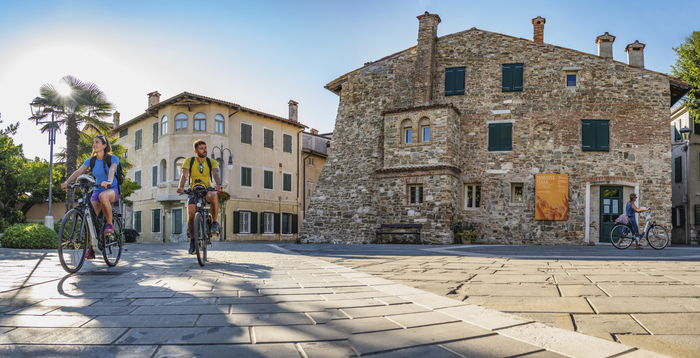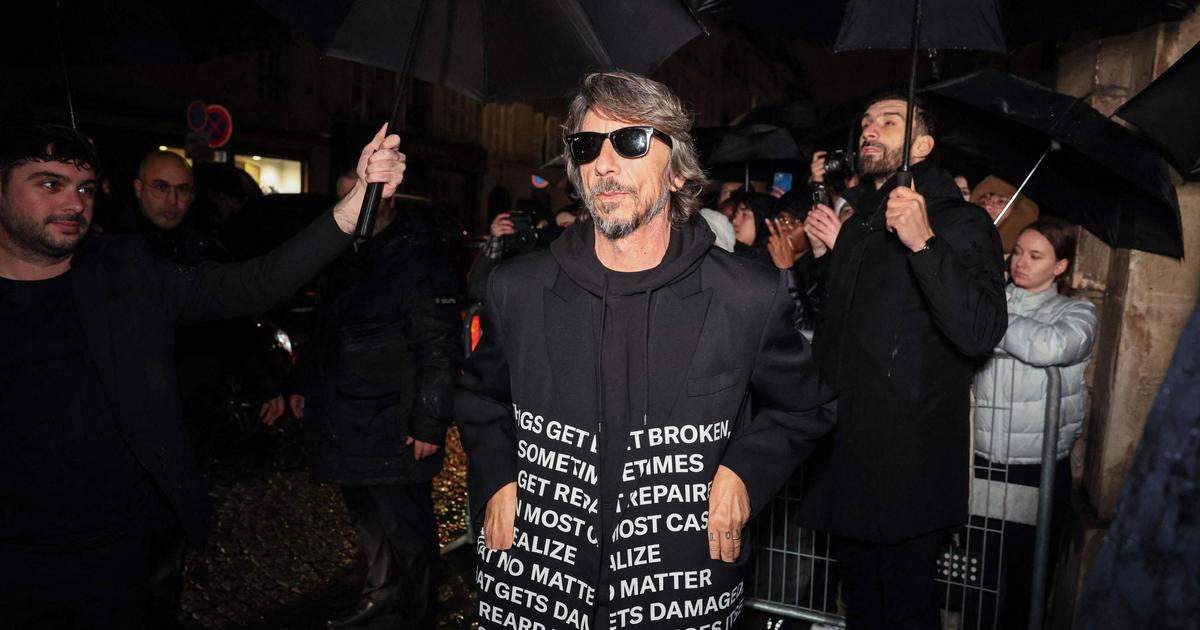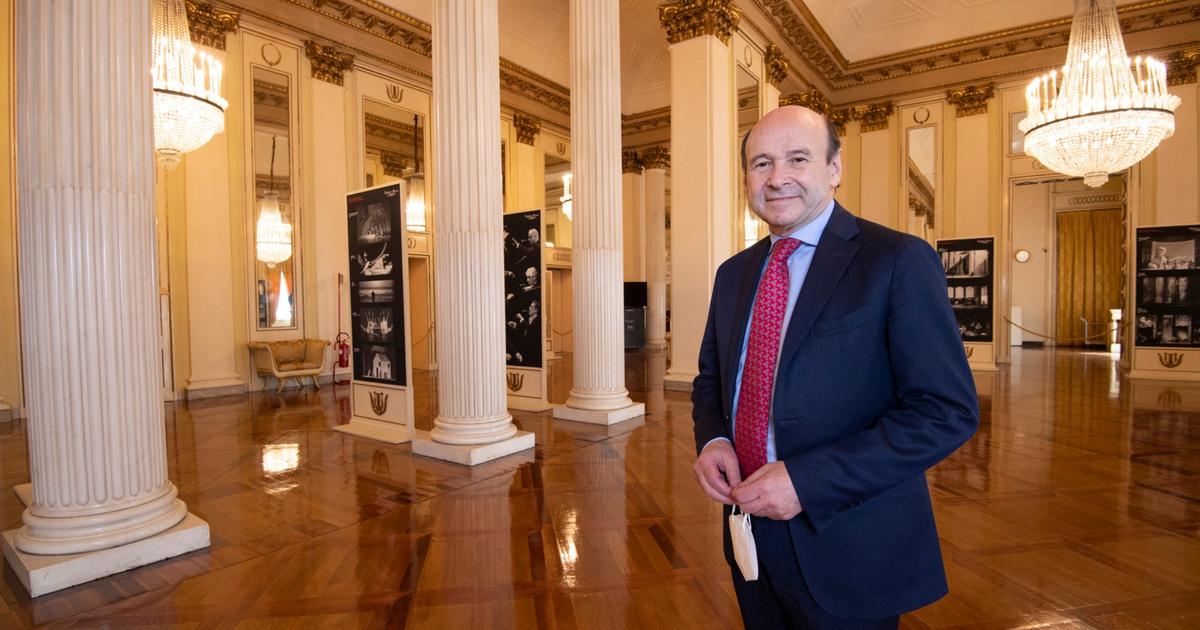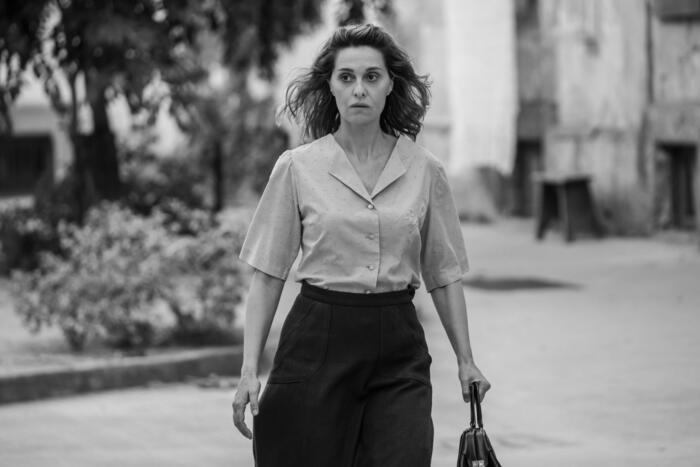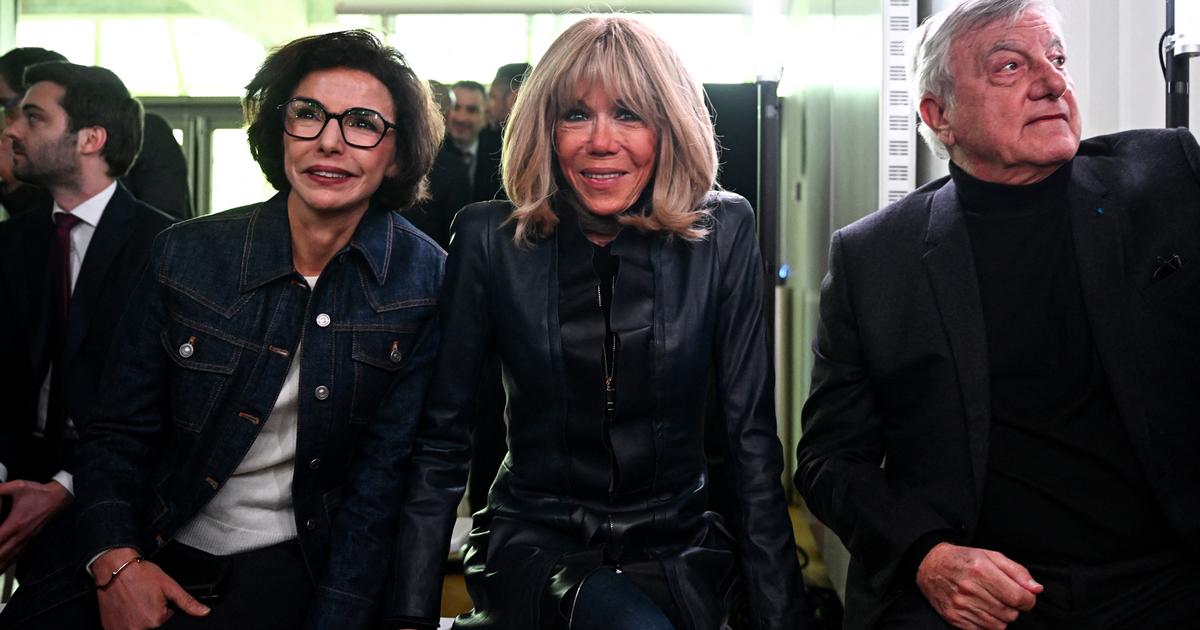From this year he is the sole ruler of the Salzburg Easter Festival: Artistic Director Nikolaus Bachler has survived the explosive collaboration with Christian Thielemann.
And made sure that the Berliner Philharmoniker with Kirill Petrenko left Baden-Baden and returned to Salzburg.
A conversation about the future of the festival, culture after Corona and attitude tests for artists.
Do you still dare to go to Baden-Baden?
Yes, because this process was very fine for all sides.
After all, after ten years of the Berlin Philharmonic in Baden-Baden, it's not as if something is breaking off there.
In addition, as the founding orchestra, the ensemble is somehow part of the DNA of the Salzburg Easter Festival.
Does that mean for you: mission accomplished?
I never saw that as a mission.
That developed over time through my contact with Kirill Petrenko.
These talks dragged on for a year and a half, incidentally unnoticed by the public.
After ten years with the Staatskapelle Dresden with Christian Thielemann in Salzburg, my mission was to carry out the festival with changing orchestras.
Also: Everyone knows what a ticket costs here.
And if you can then see the same production with Thielemann in Dresden three months later for 60 euros, then it couldn't work out in the long run.
Once canceled, once a replacement festival in autumn: What is the financial situation?
The situation is balanced, we are debt-free and have no financial problems.
Nevertheless, the situation is tense because we are an almost self-financed festival.
Such a situation is also new for me, because I run a private event.
It was not for nothing that Molière was always the first thing to check out in the evening.
Which audience comes to us, how I finance everything with ever increasing costs, where the money comes from, all of this means a lot of effort.
The Corona years also have an impact on the programs of cultural institutions. Tickets for remote places are being bought less and less. The Easter Festival has always been trapped in a corset of around 15 operas. Is that getting tighter now?
It can't get any tighter because there aren't more than 15 blockbusters.
What is changing everywhere is the audience and their behavior.
Also how short notice you decide to buy a ticket.
Subscriptions or support associations are actually outdated mechanisms that are no longer compatible with a younger generation.
Second problem: The private supporters are almost exclusively older people.
You can see that in the USA, for example, that young people prefer to invest in Silicon Valley.
And with government money slowing down, the culture will face significant problems.
And the most dangerous thing is that for two years everything, especially the drop in visitors, was justified with Corona.
In fact, that is not the case at all.
The pandemic as a catalyst that reveals fundamental problems in the cultural scene?
Absolutely.
And what's more, we have a lot of people in the theaters who aren't all-round professionals.
Either they come from the dramaturgical side and are not enough entrepreneurs.
Or they understand something about money, but are hardly artistically oriented.
People used to be in Augsburg for ten years, then went to Stuttgart and so on.
There is a very nice sentence in Büchner's “Leonce and Lena”: “The categories are in the most shameful confusion.” That's just a bit like that in culture.
How up-to-date is an elite festival like the Easter Festival anyway?
It always depends on the projects.
We could now play our "Tannhäuser" five times instead of three times.
But we have to do one thing, and that will be even stronger in 2024 than it is now: we have to plan new projects for a new audience and question the price categories.
Even if there is a loyal audience at the Easter Festival, we have to offer a specific segment with cheaper tickets.
Ultimately, every cultural institution must remain alive by reacting to current developments.
In principle, however, the following applies: You have to pay much more attention to the audience than we were used to in the past.
The cinema has always managed to do that, by the way.
But how do the changes here get along with the compulsion to make a blockbuster?
It's always about, and we proved that in Munich, how to interpret the blockbuster.
How am I looking at him today?
Houses like Frankfurt, Brussels and Stuttgart were the first to show that it is crucial how I deal with the works.
As we can see right now: Italy, the motherland of opera, is dead as far as musical theater is concerned.
Most of the opera houses no longer exist there, or they only play to a very limited extent.
In Germany, on the other hand, the theatrical sector is still booming.
Isn't there a danger of simplifying the art of approaching the audience, grinding down its rough edges? A new Biedermeier?
I believe the opposite.
Generations are growing up that are very visually oriented.
Hardly anything can be textual.
Everything has to be sensual.
Of course, Biedermeier doesn't work at all - just take the great cast of Viennese "Aida", which looked as if Verona had been imported.
There is no turning back.
We have to find ways that people take with them and that are understandable.
It's not for a special audience.
But that doesn't mean simple theatrical language.
In addition, we are currently in the midst of a personnel upheaval.
Just take the conductors: the big, important generation is very old or no longer there.
And so far very few of the young artists have grown into top positions.
Will these idols still exist with their corresponding magnetic effect?
In Styria, where I come from, there is a saying: "New times, new people." There was a huge difference between the Maestro type of a Toscanini and that of an Abbado.
The dictator-intendant doesn't really exist anymore either.
We're more persuasive.
What will not change: in art, attraction will always come from exceptional talent.
But we don't yet know what that will look like in the future.
There are no new callas.
And the effect of a Callas would be completely different today.
In our interview about your Munich farewell, you said: "This crisis is still too minor for real changes." Are you sticking with it?
Yes.
Because we didn't go through something as drastic as the Second World War.
As far as art is concerned, everything is not going back to the old ways, but the changes are happening more slowly.
It just won't be the way it was.
Everyone is struggling right now and uncertain.
In addition, the Corona watering can principle has to be paid for at some point.
We're still sitting in the restaurant and don't get a bill.
The Brits are terribly radical right now and are painting entire houses.
Do you perhaps even feel safer at the Easter Festival because this festival was always more committed to the culinary than “art house cinemas”, as you used to call them?
You can never feel safe.
It has always been my principle that I need to know exactly where I work.
That's why I couldn't manage the Bavarian State Opera according to the art house principle.
The advantage here: The Easter Festival is manageable.
And we are an independent company that can and must act like any other company.
Corona should therefore ensure a kind of artistic cleansing. It becomes clearer what works and what doesn't - you can see that in the acting area, for example at the Munich Kammerspiele with its occupancy rate of 58 percent in contrast to the Volkstheater in the same city.
Times of crisis are always clean-up times.
Christian Stückl as director of the Volkstheater is a good example.
Because he approaches people.
In the 1960s and 1970s, an empty theater was considered a good theatre.
And we can no longer afford that – in every respect.
Basically, the audience is the winner of our current crisis.
To paraphrase Schiller: "Obedient to necessity, not one's own instinct."
Does art have to justify itself more and more politically? For example, as far as the engagement of Russian divas or Russian podium stars is concerned?
No.
I would wish that an artist living in a questionable system would have an attitude towards it.
But who are we to demand statements from artists?
When I fall in love with someone, work with them, I hope that they have a humanistic world view.
But mental tests in art - where does it all end?
where does it start
And yet directors in particular have to justify why they hire Anna Netrebko. So there is pressure to justify it.
Yes, yes.
But you have to deal with that differently than scared, hidden and cowardly, as is happening right now.
There were and are, for example, actors or directors with a terrible political stance, with whom I didn't want to work as Burgtheater director.
But that's my business.
There can be no political controls at the theater gate.
On the subject of the US's role in Nicaragua, there wasn't that either.
No one has ever asked Lorin Maazel how he feels about Guantanamo.
For example.
And that has nothing to do with the obvious horror of war.
But with a hypocrisy that is also promoted by the media.
I even see it quite differently: art has more of an obligation to counteract this.
And demand truthfulness.
However, this is countered by the fact that differentiation and complexity are not exactly in vogue in the public debate
.
We live in a time when debates are actually dying.
"I am interested in your different opinion and you in mine": This debate hardly takes place anymore.
On the other hand, it's about finishing.
I can't watch talk shows anymore either because the people there are cast like in Shakespeare's "Macbeth": I need a bad guy for the good guy and so on.
That doesn't lead to anything.
And also has to do with social networks and the constant availability of alleged opinions.
This is very dangerous for democracy.
Maybe art has to play a kind of martyr role here.
What do you think: How big are these bubbles of opinion that condemn Netrebko, for example? When she sang in Regensburg last summer, there was only a mini demo in front of the princely palace.
There are always opinion bubbles with corresponding opinion makers.
Let's take another topic, gender.
I think 90 percent of people don't even know what gender is.
The problem with all of this is that opinion leaders, however outnumbered they may be, still have some impact on societal processes.
And that's why I say: Such debates are much more dangerous for democracy than for art.
It's much more stable.
Maybe, like in the Middle Ages, there might be nothing for a hundred years.
But then art is there again – because it is part of human nature.
The interview was conducted by Markus Thiel.


